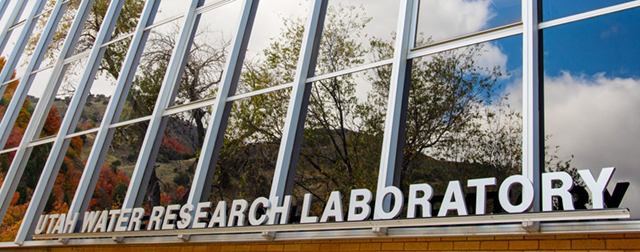Document Type
Report
Publication Date
January 1982
Abstract
A laboratory-scale, batch operated gasifier was used to evaluate the heating value, process and cooling water requirements, and water pollution potential of gasification of carbonaceous shales. These potentially valuable fossil fuels are found over large areas of Southern and Eastern Utah and vary widely in quality depending on the amount of intermixed inorganic material. The results indicate that a synthesis gas, consisting primarily of hydrogen and carbon monoxide, can be produced from carbonaceous shales. The total heating values of the synthesis gas from the carbon shales examined ranged from 4 to 62 percent of that of coal. The process water requirements per unit of heaing value obtained for gasification of the carbonaceous shales tended to be 5 to 15 percent higher than that for coal. Cooling water requirements were similarly higher due to the greater quantity of ask quenching water needed for the shales. The quantity of phenols, ammonia-N, and total organic carbon produced from the gasification of coal was significantly greater than for either of the shales, when compared on a mass basis. Differences in process condensate constituents, such as mutagenicity and trace elements, were also determined for the coal and shale samples.
Recommended Citation
Cissell, Jeffery A.; Adams, V. Dean; Fletcher, Joel E.; Filip, Daniel S.; and George, Dennis B., "The Water Requirements and Pollutant Potential in the Gasification of Carbonaceous Shales" (1982). Reports. Paper 545.
https://digitalcommons.usu.edu/water_rep/545


